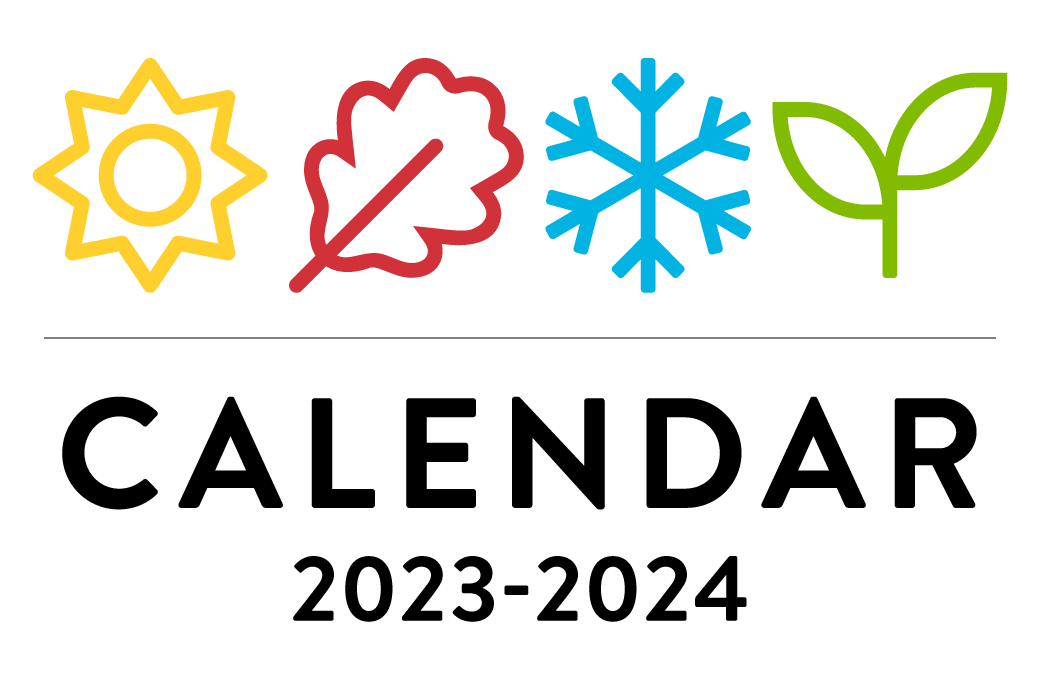
Program Highlights
Want to be part of the next generation of creative professionals? Develop your skill in branding, illustration and interactive design in the 4-year Bachelor of Design at CapU.
In the Bachelor of Design in Visual Communication degree program, we make it our business to keep up with industry trends, innovations in technology and stay responsive to cultural change.
You’ll be prepared for a career doing what you love, whether that’s illustration, branding, graphic design, visual design, art direction, character design, typography and storyboarding, interactive design, UI (user interface) and UX (user experience), editorial design, publishing, digital media, environmental design and more.
The program is rigorous, offering many all-day classes and strong levels of peer support. You'll engage with instructors who are professionals with years of experience and broad networks across the industry.
Tuition fees include industry quality tools such as personal laptops with all necessary software, cameras, and substantial art materials for classes and workshops. We also fund student memberships to professional associations in Canada, local events and guest speakers.
Prior to graduation, you'll take part in an eight-week industry practicum placement to help you transition into your new career. You'll also showcase your portfolio at our annual Grad Show, which is attended by Vancouver's top agencies and art directors.
We also offer study abroad partnerships with two schools: Bisen College in Japan and Robert Gordon University’s Gray’s School of Art in Scotland. Our third-year students also enjoy a week-long trip to a cultural hub, with past trips to New York City, Toronto and Mexico City.
Bring your talent, passion and goals to a program with a reputation for industry-ready graduates.
- Demonstrate in-depth knowledge of current visual communication practice.
- Identify and solve communication problems using a strategic process, with an emphasis on design thinking, creativity, original solutions, and clarity of communication.
- Describe and respond to the audiences and contexts that communication solutions must address, including recognition of the physical, cognitive, economic, cultural, and social human factors that shape visual communication decisions.
- Demonstrate proficiency with the tools and technologies that support visual communication practice and apply concepts across a range of media platforms.
- Utilize professional development and industry work experience to enter the field as visual communication professionals.
- Apply visual communication expertise for societal and environmental benefit.
- Work collaboratively with other disciplines in business, industry, and the broader community.
- Recognize the importance of life-long learning and responsiveness to change.
Admission Requirements
English language requirements
English is the language of instruction at CapU. All applicants are required to demonstrate competence in the English language prior to admission.
If English is not your first language or you’ve received your education in a language other than English, you must meet our English Language Requirements.
Basic requirements
- High school graduation
- English Studies 12 (C) or English 12 (C) or English First Peoples 12 (C)
Program-specific requirements
- One letter of reference
- Entrance questionnaire
- Portfolio
Additional information
- Program-specific requirements must be submitted through our online portal SlideRoom
- If your portfolio meets the standards of the program you will be invited to attend an interview, complete tests in drawing, creative thinking and communication, and asked to bring a current sketchbook for review
Admission Notes
Please note that ENGL 100 is a required course in the first term of the Bachelor of Design in Visual Communication program. In order to enrol in any English course, students must submit the results of the English Diagnostic Test (EDT) unless they meet the EDT exemptions listed in the Capilano University Calendar.
Program Requirements
Total program credits: 124.00
Program Notes
Students pursuing a baccalaureate degree must meet Cap Core graduation requirements in addition to their program requirements.
Students may obtain a concentration by completing 24.00 credits in one of the following areas:
- Illustration Concentration: 9 lower-level credits: IDES 235, IDES 236 and IDES 237; 15 upper-level credits: IDES 361 and/or IDES 381, and DSGN 441.
- Branding Concentration: 9 lower-level credits: IDES 243, IDES 244 and IDES 249; 15 upper-level credits: IDES 362 and/or IDES 382, and DSGN 442.
- Interactive Design Concentration: 9 lower-level credits: IDES 243, IDES 244 and IDES 252; 15 upper-level credits: IDES 363 and/or IDES 383, and DSGN 443.
Note: Breadth elective credits must include a minimum of 3 credits designated as Quantitative/Analytical and a minimum of 6 credits at the 300/400 level.
Continuation Requirements: Year 2: Successful completion of all 100-level IDES/DSGN courses with a 2.67 GPA on these courses. Year 3: Successful completion of all 200-level IDES/DSGN courses with a 2.67 GPA on these courses. Year 4: Successful completion of all 300-level IDES/DSGN courses with a 2.67 GPA on these courses.